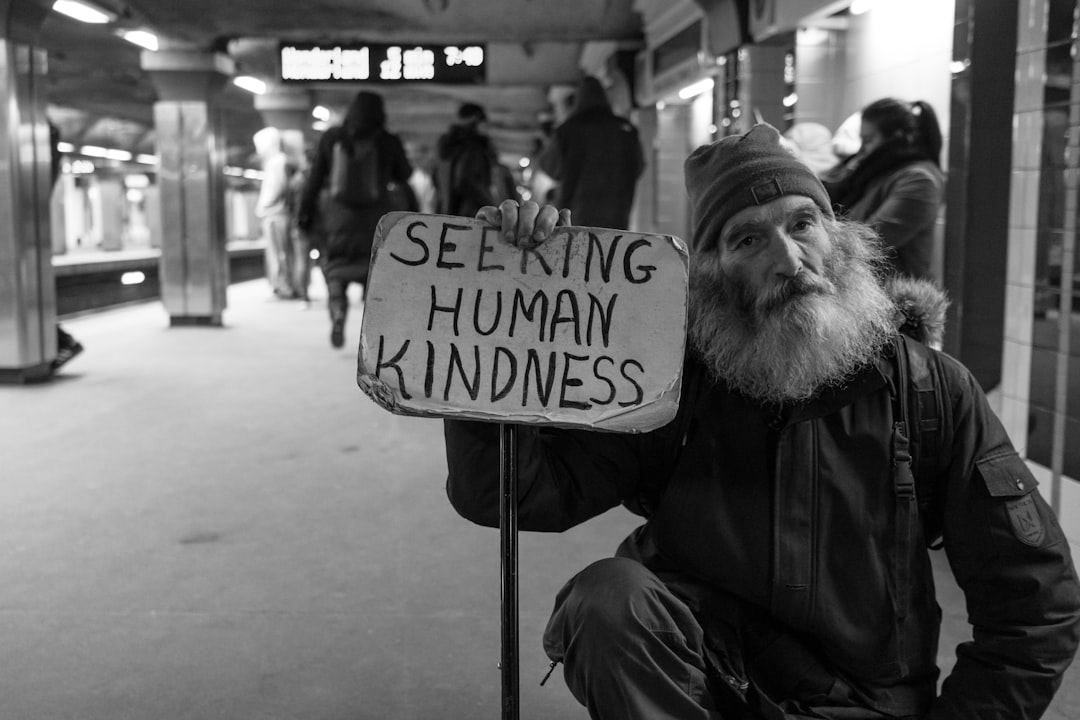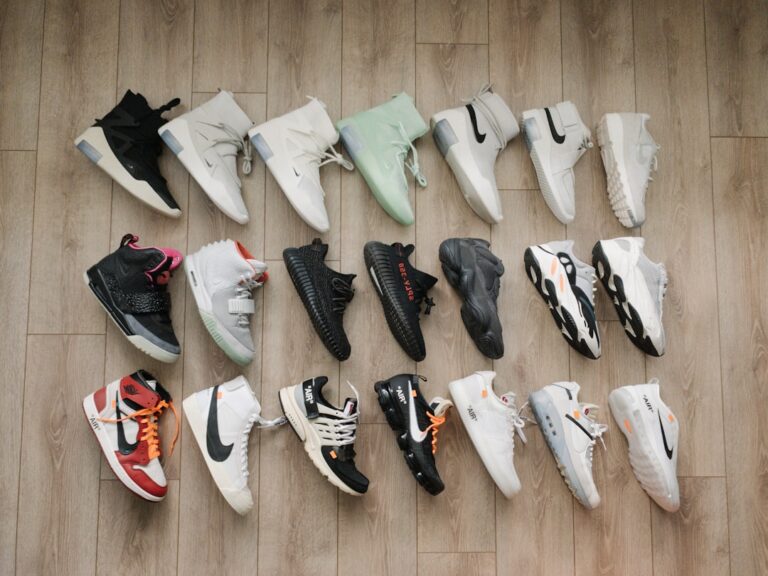
I used to think I was a good listener. In reality, I was just waiting for my turn to speak.
It’s a hard truth to admit. I would nod along, making all the right noises, but in my head, I was already forming my response, my advice, or my own story to share. I wasn’t truly connecting with people. I was performing connection. Maybe you’ve felt that way too, a sense of distance even when you’re face-to-face with someone you care about.
Empathy isn’t some magical trait that you either have or you don’t. It’s a skill. It’s a muscle. And just like any muscle, you can strengthen it with intentional practice.
What is Empathy Really?
Before we dive in, let’s get clear on what we’re talking about. Sympathy is feeling for someone. You see them in a tough spot and you think, “That’s so sad for them.”
Empathy is different. Empathy is feeling with someone. It’s the ability to put yourself in their shoes and understand their feelings and perspectives. It doesn’t mean you have to agree with them. It just means you’re willing to see the world from their point of view for a moment. It’s the foundation of all meaningful human connection.
My Own Journey with Empathy
My path to understanding empathy wasn’t a straight line. It came from hitting my own rock bottom. For years, I was stuck in a cycle of unhealthy habits. I’d escape into video games for hours, binge eat to numb my feelings, and let laziness dictate my days. I was overweight, unhappy, and felt completely disconnected from myself.
When I was in that pit, I didn’t just lack discipline; I lacked empathy for my future self. I didn’t care about the man I would be tomorrow, next week, or next year. Overcoming those addictions and losing over 110 pounds was a brutal fight. But it taught me something invaluable. It taught me to look at others with more compassion. Now, when I see someone struggling, I don’t just see their bad habits. I see the pain behind them. I remember my own struggle, and judgment melts away. It’s replaced by a quiet understanding. That journey taught me that everyone is fighting a hard battle, and a little empathy can make all the difference.
15 Practical Ways to Enhance Empathy
Building empathy is an active process. It requires us to be present and intentional. Here are some simple, practical ways I’ve learned to build this crucial skill.
-
Listen to Understand, Not to Reply. This is the big one. The next time someone is talking to you, try to quiet your own mind. Don’t think about what you’ll say next. Just listen. Absorb their words, their tone, and the emotion behind them.
-
Ask Better Questions. Instead of questions that can be answered with a simple "yes" or "no," ask open-ended ones. Try things like, “How did that feel for you?” or “What was that experience like?” It invites people to share more deeply.
-
Put Your Phone Away. Truly away. Not face down on the table, but in your pocket or another room. Giving someone your undivided attention is one of the most powerful ways to show you care. It says, "You are more important than anything that could pop up on this screen."
-
Read More Fiction. Books are empathy machines. They allow you to live inside another person’s head, see their world, and feel their feelings. It’s a powerful way to practice perspective-taking from the comfort of your own home.
-
Explore a Different Neighborhood. You don’t have to travel the world. Just go to a part of your city or town you’ve never been to. Go to a different grocery store. Eat at a small, family-run restaurant. Observe. Listen. You’ll be amazed at how it broadens your perspective.
-
Share Your Own Vulnerability. Empathy is a two-way street. When you open up about your own struggles, you give others permission to do the same. It shows them they are not alone.
-
Look for the Good. Make it a habit to find something you can genuinely appreciate or respect in every person you meet. Even if you disagree with them on major issues, you can still respect their passion, their work ethic, or their kindness to the waiter.
-
Pay Attention to Body Language. So much of communication is non-verbal. Notice people’s posture, their tone of voice, and whether they are making eye contact. These clues often tell you more than their words do.
-
Remember Your Own Struggles. When you feel yourself starting to judge someone, pause. Recall a time you failed or made a mistake. Remember how it felt. This humility is the soil where empathy grows.
-
Delay Giving Advice. Often, when people share a problem, they don’t want a solution. They want to be heard. Unless someone explicitly asks, "What do you think I should do?" try to just be a supportive presence. A simple, "That sounds incredibly difficult" is often more helpful than a five-point plan.
-
Get Curious About Strangers. Talk to the person checking you out at the store. Ask your delivery driver how their day is going. These small moments of connection remind us of our shared humanity.
-
Pray for Others. In my Orthodox Christian faith, we are taught to pray for everyone—our friends, our family, and even our enemies. This practice has profoundly changed me. When you sincerely ask God to have mercy on someone and to bless them, it’s impossible to hold onto anger or judgment. It softens your heart and forces you to see them as God sees them: as a beloved child.
-
Learn Someone’s Story. Everyone has a story. Ask an older relative about their childhood. Ask a coworker what led them to their current job. Learning the "why" behind a person’s life fosters deep understanding.
-
Look for the Universal Feeling. You may not understand someone’s specific situation, but you can almost always understand the feeling behind it. You may have never been a soldier in combat, but you know what fear feels like. You may not have lost a parent, but you know the pain of grief. Connect on that human level.
-
Celebrate Their Small Wins. Empathy isn’t just for hard times. It’s also about sharing in someone’s joy. Be genuinely happy for their successes, no matter how small. A friend getting a promotion, a neighbor’s garden finally blooming—share in that happiness. It builds a powerful, positive connection.
Empathy isn’t about fixing people. It’s about connecting with them. It’s about choosing to see the humanity in every person, even when it’s difficult. It’s a quiet, daily practice that has the power to change not only your relationships but also your own heart.
So, my question for you is this: What’s one small step you can take this week to listen a little more deeply?





